Table of Contents:
Blockchain Payments Company Halliday Secures $20 Million Investment
Halliday, a blockchain payments company, has successfully raised $20 million in a funding round led by Andreessen Horowitz, according to Fortune. This investment aims to bolster Halliday's efforts in expanding its blockchain-based payment solutions, which are designed to streamline transactions and enhance financial accessibility.
The funding marks a significant milestone for Halliday, as it positions the company to further innovate in the blockchain payments sector. Andreessen Horowitz's involvement underscores the growing interest of major venture capital firms in blockchain technology.
“This funding will enable us to accelerate our mission of making blockchain payments more accessible and efficient,” a Halliday representative stated.
Key Takeaway: Halliday's $20 million funding round highlights the increasing confidence in blockchain payment solutions, with Andreessen Horowitz playing a pivotal role in supporting this growth.
Wall Street Leaders Advocate for Blockchain Education and Regulation
According to Bloomberg, Wall Street executives are calling for enhanced education and regulatory frameworks to support the adoption of blockchain technology in traditional finance. The push comes amidst a rapidly evolving cryptocurrency landscape, bolstered by new regulations in Europe and a pro-crypto stance from the U.S. administration.
Executives emphasized the need for clear guidelines to address both opportunities and challenges in the blockchain space. They believe that regulatory clarity will pave the way for broader institutional adoption and innovation in financial services.
“The industry needs a roadmap for innovation and clear guidelines on stablecoins, institutional adoption, and taxation,” said Max Giammario, CEO of Kindred.
Key Takeaway: Wall Street's focus on education and regulation reflects the growing importance of blockchain in traditional finance, with leaders advocating for a structured approach to its integration.
Stuttgart Bourse Unit Gains Approval for Blockchain Trading in Switzerland
Reuters reports that a unit of the Stuttgart Stock Exchange has received approval to operate a blockchain-based trading system in Switzerland. This development is a significant step forward in integrating blockchain technology into traditional financial markets.
The system aims to enhance transparency and efficiency in trading operations, leveraging blockchain's capabilities to provide secure and verifiable transactions. This approval positions the Stuttgart bourse as a leader in blockchain innovation within the European financial sector.
Key Takeaway: The Stuttgart bourse's blockchain trading system approval underscores the growing acceptance of blockchain in regulated financial markets, setting a precedent for future developments.
Crossmint Raises $23.6 Million for Blockchain Application Development
Crossmint has successfully raised $23.6 million to expand its platform for building blockchain applications, as reported by PYMNTS.com. The platform simplifies the development of blockchain apps by providing tools for tokenization, payments, and on-chain credentials.
The funding round, led by Ribbit Capital, will also support Crossmint's efforts to integrate AI-driven commerce into its offerings. The company aims to enable AI agents to manage funds and execute transactions securely on behalf of users.
“Crossmint has demonstrated its ability to unlock new revenue streams and drive cost efficiencies for major brands,” said Zack Rosen, an investor at Ribbit Capital.
Key Takeaway: Crossmint's funding highlights the increasing demand for blockchain application platforms, with a focus on integrating AI capabilities for enhanced functionality.
Congress Moves Forward on Stablecoin and Crypto Market Legislation
Cointelegraph reports that U.S. lawmakers are on track to pass legislation on stablecoins and cryptocurrency market structure by August 2025. The proposed bills aim to establish clear rules for stablecoin issuers and provide a framework for crypto market operations.
Bipartisan support is driving the legislative process, with key committees in the House and Senate actively working on the bills. The GENIUS Act, which sets guidelines for stablecoin collateralization, is among the initiatives gaining traction.
Key Takeaway: The U.S. is making significant progress in crypto regulation, with stablecoin and market structure bills expected to provide much-needed clarity for the industry.
Flare and Google Cloud Explore AI on Blockchain
Crypto.news reports that Flare, in collaboration with Google Cloud, has completed a hackathon to explore the integration of AI and blockchain technologies. The event, held from March 7-9, brought together over 460 participants from institutions like UC Berkeley and ETH Zurich.
Projects focused on using Google Cloud's Confidential Space to ensure secure and verifiable AI computations on the Flare blockchain. The hackathon also marked the launch of the Flare AI Kit, an open-source SDK for building AI-powered blockchain applications.
“The Flare AI Kit aims to make AI computations on blockchain more transparent and secure for developers and enterprises,” Flare representatives stated.
Key Takeaway: The Flare-Google Cloud collaboration highlights the potential of combining AI and blockchain to create innovative and secure applications.
Sources:
- Blockchain payments company Halliday raises $20 million from Andreessen Horowitz
- Wall Street’s Blockchain Bosses Call for New Rules, Expertise in 2025
- Unit of Stuttgart bourse gets OK for blockchain-based trading system in Switzerland
- Crossmint Raises $23.6 Million to Expand Platform for Building Blockchain Apps
- Congress on track for stablecoin, market structure bills by August: Blockchain Association
- Flare completes hackathon to explore AI on blockchain with Google Cloud















